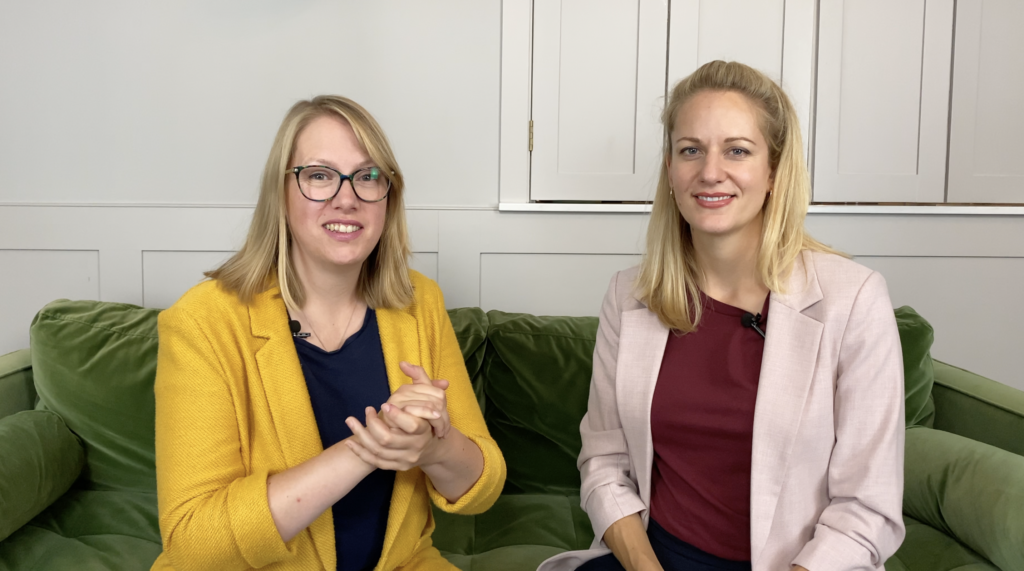The power of retrospectives
Regular reflection sessions (retrospectives in agile speak) are a simple and transformational tool.
A friend of ours runs his own business. Recently his whole team were so disgruntled by team dynamics that there was a big blowout – frustration overflowed and it was extremely uncomfortable. We suggested running regular team reflection sessions to make sure it doesn’t happen again. In agile speak, these are called ‘retrospectives’ and they’re one of the simplest and most transformational tools we’ve used.


What is a retrospective?
Retrospectives, sometimes called ‘retros’, are a regular meeting where the whole team talks about what’s going well and what isn’t about how they work together. It’s a bit like a wash-up meeting that you might run at the end of a project – the big difference is that you don’t wait until the end of the project – instead you reflect every couple of weeks. Regular retros are such powerful tool for change because:
- Retros move the power and responsibility for creating team culture into the hands of the right people for the job: the team themselves.
- Retros enable the team to fix problems and build on successes *as they go*, to keep evolving it as their needs change.
- We have seen this create more productive and positive teams, freeing up managers time for bigger picture thinking.
Running a reflection session like this can also be a powerful way to create interest in agile ways of working without creating resistance. The team uncover what they would like to change about how they currently work together. You can then support them to explore the principles of agile working and which might help them move closer to their ideal state.
The aim of a retrospective is to give a group of people who are working together the time and space to reflect on how it’s going. It’s an open, safe space where everyone can be honest, and where the team get a shared understanding of what’s working well and less well. From this they then create specific actions for how they’ll work differently in the next iteration.


The Digital Engagement team at Amnesty International UK run a reflection session at the end of every 2-3 week sprint of work.
Retros help us as a team by giving us a space to discuss ways of working and come up with solutions together. This has helped us become closer as a team and understand how to work together better. We talk about what’s working and what’s not working for us a team and we come up with our own solutions.
We take it in turns to facilitate the discussion. We each share how we’re feeling and then we work as a team to agree a handful of specific actions we’ll commit to over the next few weeks to improve how we work together.


Elly Crump
Digital Engagement Manager
Six simple steps for a retro
Here are six simple steps we lead teams to take during a retro:
- Run a short activity to help everyone to think back over the chunk of time in question.
- Get everyone to generate ideas about what they’d like to talk about – do this as silent individual work first.
- Play back the ideas that everyone has come up with – talk about anything you don’t understand, and cluster things that are the same.
- Have the team prioritise what will be most impactful to dig into, i.e. the things they want to create actions for.
- Get talking – work through your prioritised themes and agree actions together. Only take on a few actions at each retro and make sure you’re crystal clear on who is doing what.
- Build in time for the feedback on the process at the end – something you liked, something you didn’t like, something you learned.
Our top tips
Here’s the advice we regularly give to teams starting out:
- For a detailed step-by-step guide to running your first retrospective head to the GDS website.
- If you want to learn how to facilitate a brilliant reflection session both online and offline check out our facilitation course.
- Run a retro face to face using post it notes and thick pens or run it online using an online whiteboard.
- We have collated our favourite fun Mural templates for you to access for free. Retromat also has a never ending selection of exercises you can use in on- or offine.
- The key is to iterate: make small changes continuously. Retros are most effective when you do them regularly. Do this at the end of every sprint or chunk of work. Ideally at least once a month.
Level up your facilitation skills
Facilitation is a superpower that can unlock your ability to build team culture. Learn how with in our Facilitation for Impact course. It’s an interactive online training series you’ll learn the essential skills to improve your facilitation to empower your team to build their culture.
You will leave with a range of practical tools, templates and handouts, plus the confidence to adapt your style and plans to online, offline and unexpected events!
If this sounds simple – it is. It’s also transformational.
By putting the power to change the team culture and ways of working into the hands of the team it:
- Empowers them to create changes that work for them – making the team more productive and positive
- Frees up manager’s time for bigger picture thinking
- Creates positive team culture where they all have shared responsibility for creating great team culture
- Enables them to keep evolving as their needs change.
We hope you’ve found this content useful – let us know how you get on!




